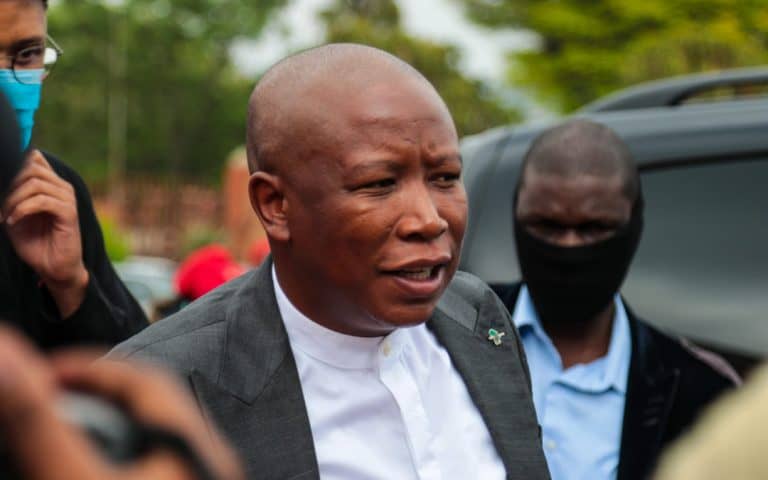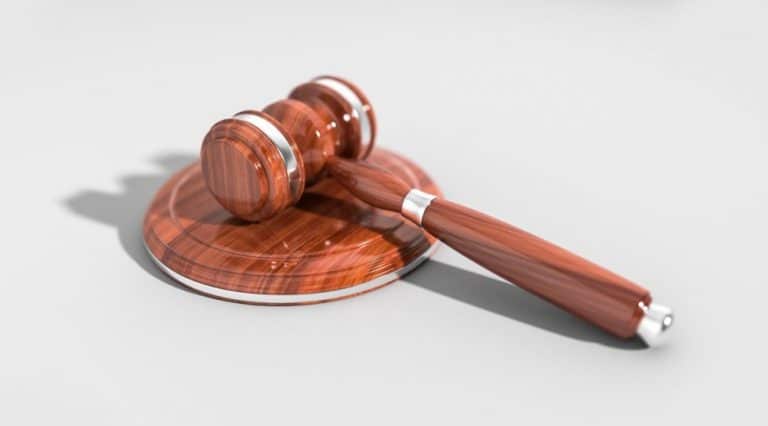AfriForum readies legal action over Johannesburg Metro’s controversial CCTV by-law
AfriForum’s legal team has sent a letter to the Johannesburg Metropolitan Municipality, raising its concerns about the recently approved by-law that seeks to regulate and control privately-owned CCTV surveillance networks, drones, body-worn cameras, and automatic number plate recognition systems. This by-law represents yet another form of expropriation without compensation, as it attempts to hijack years of investment and infrastructure built by private security initiatives, businesses, and community groups. Instead of enforcing these restrictive regulations, the Metro should be working in tandem with AfriForum and other private security companies to combat crime effectively.
Besides the troubling implications of the by-law, AfriForum is particularly concerned that the public was not sufficiently informed of the Municipality’s intention to implement these new regulations. To gain clarity, AfriForum has requested the following information from the Metro:
- Proof of the public participation process, including:
- a copy of the official notice that was published;
- the date(s) on which a notice calling for public comment on the draft by-law was published in the provincial government gazette and/or local newspapers;
- minutes from the council meeting where the draft by-law was considered; and
- the formal council resolution approving the by-law, along with the reasons for its approval.
- Confirmation of consultation with the Minister of Police:
- AfriForum has requested confirmation that the Minister of Police was formally consulted in the drafting and approval process of the by-law.
- if so, AfriForum requests a copy of the Minister’s written approval to proceed with the by-law.
AfriForum strongly opposes this by-law, which effectively centralises access to private surveillance networks. Private citizens and businesses installed these security systems due to the provincial government’s inability to ensure public safety. Now, instead of supporting these initiatives, the authorities want to take control of them.
Even if privately installed CCTV cameras capture footage of public spaces, they remain the property of the individual or entity that installed them. The Municipality has no legal or ethical right to demand unrestricted access to these networks. Furthermore, many private security networks already operate in voluntary collaboration with law enforcement, ensuring responsible and lawful information-sharing. The Municipality’s attempt to seize control of these private networks is unwarranted, unnecessary, and a violation of privacy rights.
Perhaps the most alarming aspect of this by-law is its inclusion of body cameras worn by private security personnel and volunteers. It is entirely inappropriate for the Municipality to demand access this private security footage, as this opens the door to corruption, abuse of power and interference in independent investigations. Private security professionals do not work for any sphere of government and ought not be subjected to such intrusive oversight.
“It is troubling that the Municipality is choosing to interfere with private security initiatives that have proven effective, instead of strengthening its own law enforcement efforts. If the Municipality cannot fulfil its duty to protect citizens, it should at least allow those who can, to do so without unnecessary red tape and interference,” says Jacques Broodryk, Chief Spokesperson for Community Safety at AfriForum.
“Instead of imposing arbitrary regulations and restrictions, the Johannesburg Metropolitan Municipality should be fostering greater cooperation between law enforcement and private security structures. AfriForum stands ready to support the South African Police Service (SAPS) and metro police in meaningful crime-fighting initiatives.”
AfriForum urges all those who might be affected to reject this unjust by-law and demand that the Municipality respect private property rights. The organisation has given the Municipality until 21 March to respond to its questions. In the meantime, AfriForum will continue to explore all legal avenues to challenge this overreach and protect the rights of citizens and private security networks.











